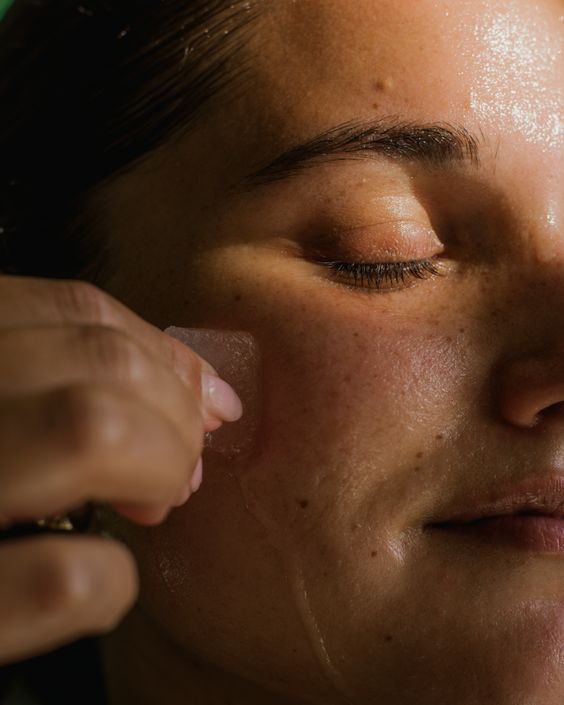aescend aesthetics
The Impact of Dietary Nutrients on Skin Health

We’re exploring Radical Oxygen Species (ROS) and antioxidants’ vital role in maintaining healthy skin. We’ll delve into the effects of dietary nutrients on skin health. As Monty Lyman, the author of ‘The Remarkable Life of Skin,’ suggests, antioxidant-rich foods can work wonders for your complexion.
The Power of Antioxidant-Rich Foods
A diet rich in antioxidants, such as carotenoid-derived compounds found in foods like carrots, tomatoes, and capsicums, has been associated with visible improvements in skin health. A study on the perceived attractiveness of participants revealed that those who consumed these antioxidant-packed foods developed a beautiful yellow-red glow, akin to a mild suntan. This transformation is not just skin-deep; it has roots in evolutionary biology.
Isolated Compounds with Dermatological Benefits
Beyond the broader benefits of an antioxidant-rich diet, specific isolated compounds have well-established indications in dermatology. Let’s take a closer look at some of these skin-loving nutrients:
Polyphenols from Tea: Guardians Against UVB-Induced Skin Damage
Polyphenols found in tea may serve as essential tools to prevent UVB-induced skin cancer. These compounds induce DNA repair, reduce inflammation, combat oxidative stress, down-regulate UVB-initiated signaling pathways, and reverse UVB-induced epigenetic changes. Their multifaceted action helps protect your skin from the harmful effects of the sun.
Vitamin E: The Cellular Stabilizer
Vitamin E, found in foods like tahini, sesame seeds, sunflower seeds, egg yolks, almonds, and avocados, plays a crucial role in stabilizing cells by preventing the oxidation of cellular membranes. This protective function contributes to the overall health and vitality of your skin.
Vitamin C: The ROS Fighter
Found in foods like parsley, capsicums, berries, red chili, guava, papaya, citrus, and cruciferous vegetables, vitamin C plays a pivotal role in removing ROS (Radical Oxygen Species) and facilitating the action of vitamin E. This dynamic duo combats oxidative stress and supports skin health.
Lutein: Collagen’s Guardian
Lutein, found in green leafy vegetables such as kale, broccoli, brussels sprouts, spinach, peas, lettuce, and egg yolks, protects collagen-producing cells from oxidative stress. Collagen is essential for maintaining skin’s elasticity and youthful appearance.
Resveratrol: The DNA Protector
Resveratrol, found in peanuts, pistachios, grapes, blueberries, cranberries, and cocoa, may prevent DNA damage, ensuring that your skin cells remain healthy and vibrant.
Side Note
While many of these compounds show promising effects in laboratory settings, it’s essential to approach their dietary benefits with caution. The concentrations of antioxidants in food are often lower than those used in lab studies. Nevertheless, consuming a well-rounded diet filled with a variety of colorful foods has several theoretical advantages. It’s a cost-effective and convenient way to promote overall health with minimal risks.
Consult a Professional
Should you suspect any nutrient deficiencies or have specific dietary concerns, it’s advisable to consult with your doctor or a registered dietitian. They can provide personalized guidance on your nutritional needs and help you make the right choices to achieve optimal skin health.
Your Path to Radiant Skin Health
If you’re interested in learning more about how your diet can affect your skin or want personalised guidance, don’t hesitate to book a consultation with an Aescend artisan. Your journey to healthier, more radiant skin begins with the choices you make in your kitchen.
The connection between dietary nutrients and your skin is undeniable. By incorporating antioxidant-rich foods and specific skin-loving nutrients into your diet, you can achieve a healthier, more radiant complexion. Your skin is a reflection of your overall health, so why not nourish it from the inside out?



